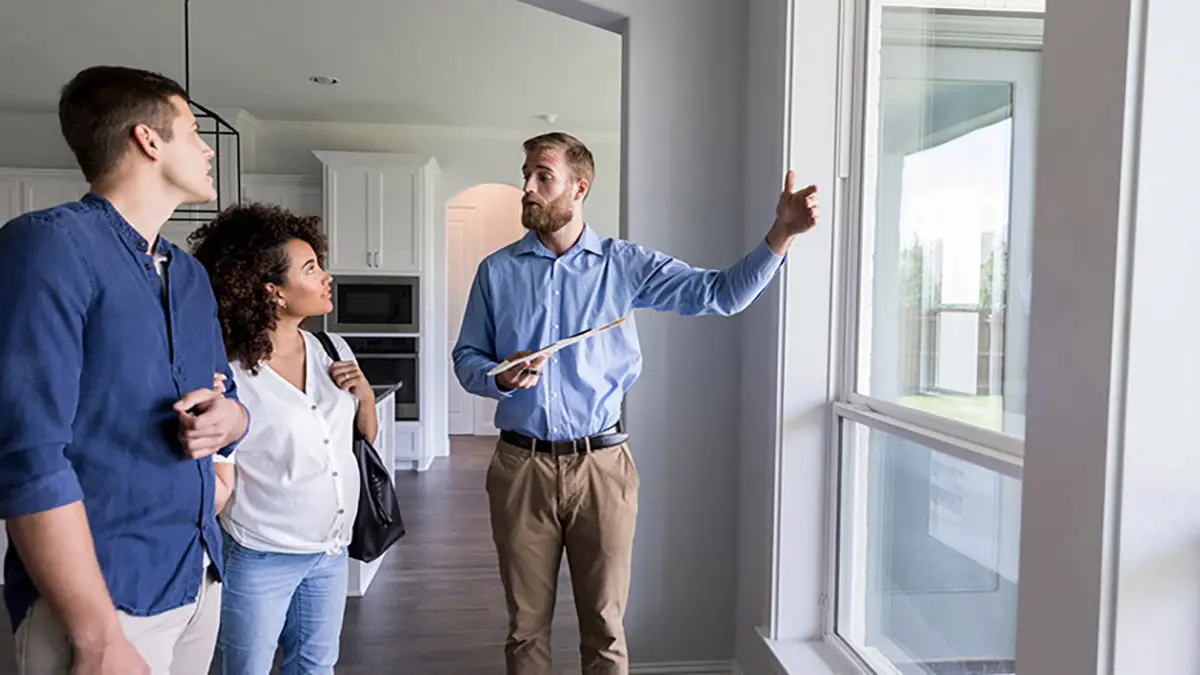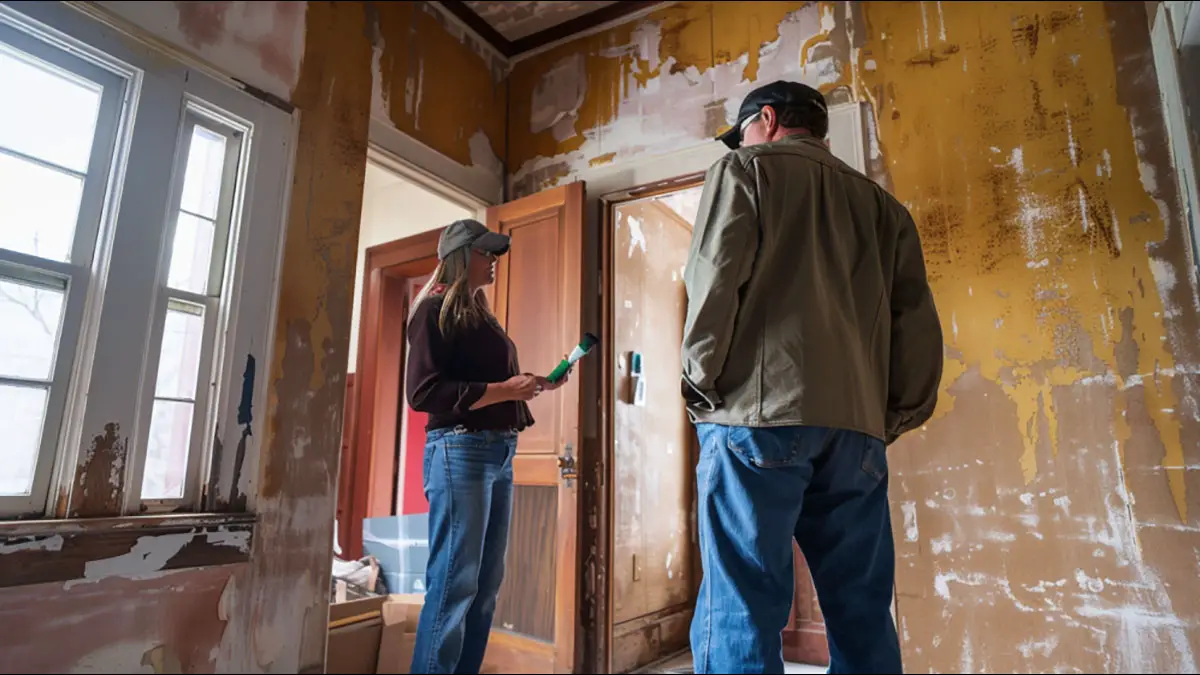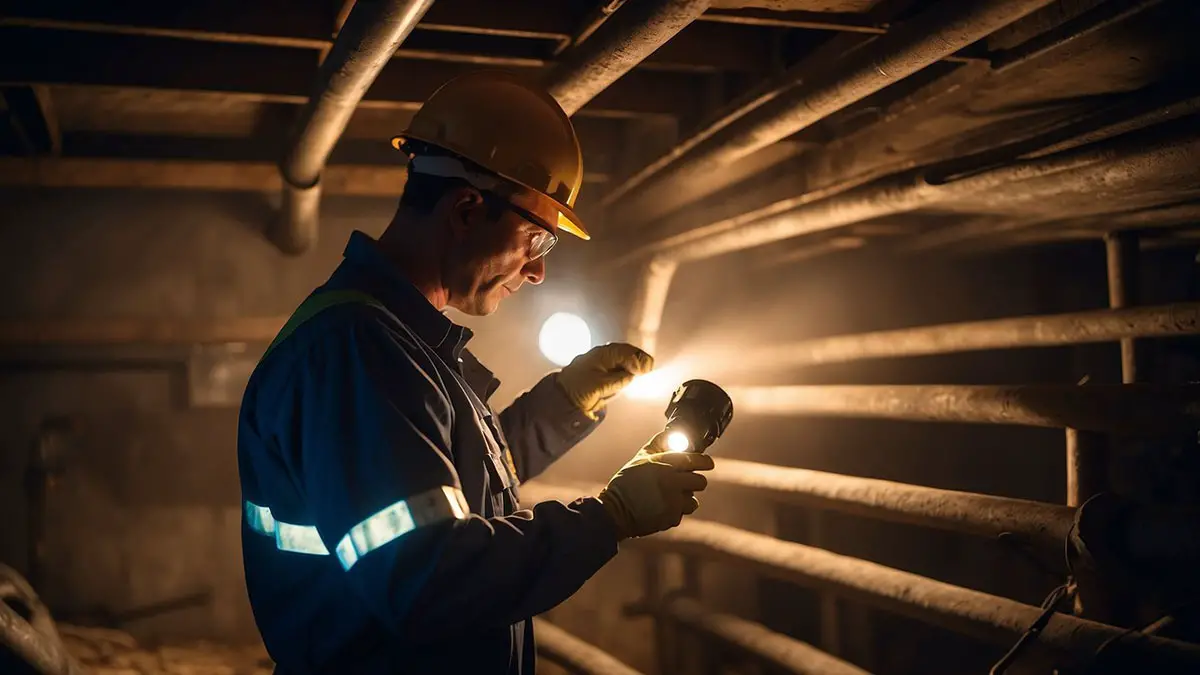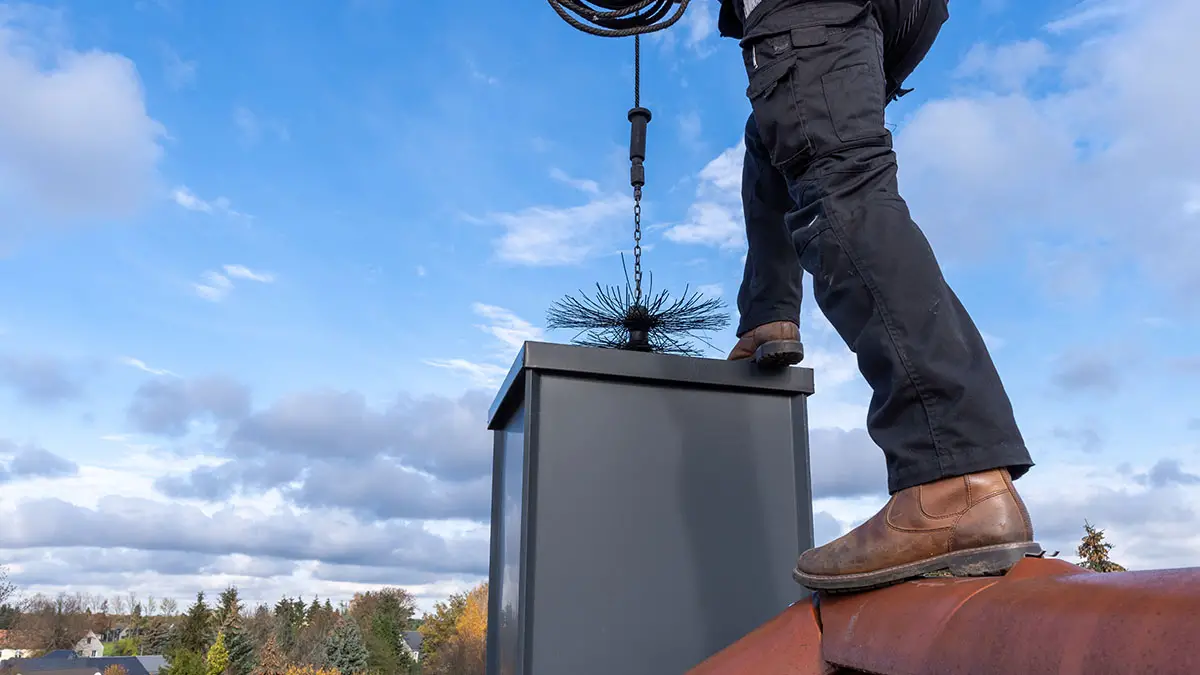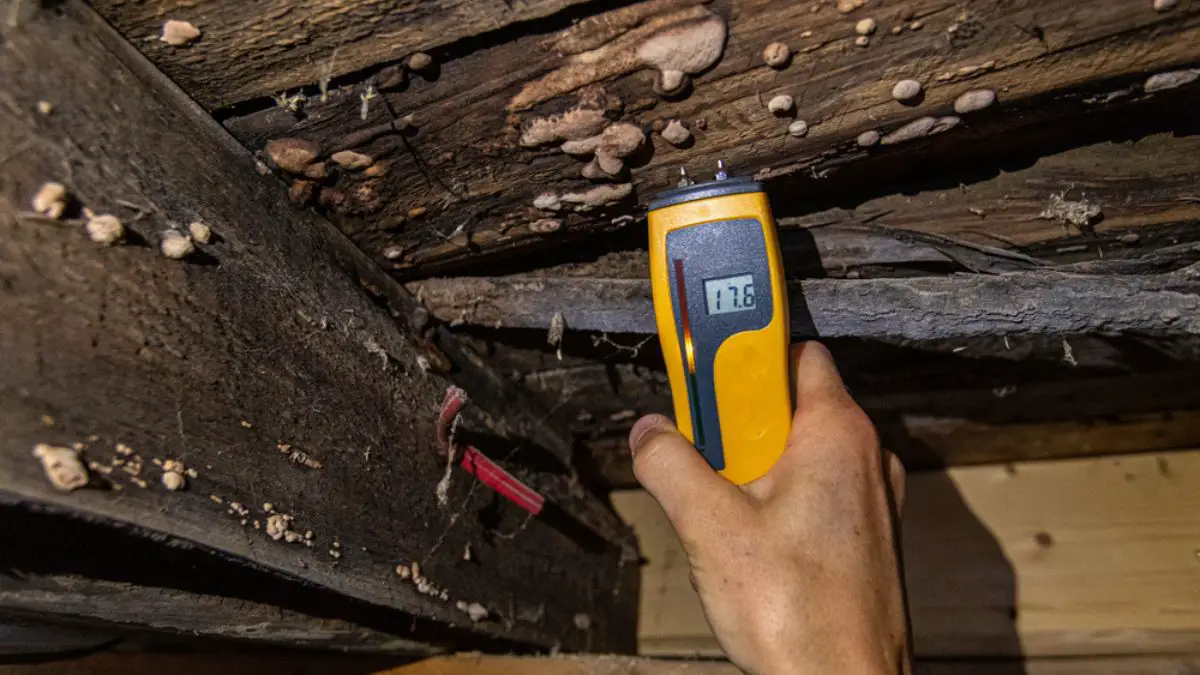New construction home inspections provide important peace of mind for potential homeowners. They allow homeowners to make informed decisions about the condition of their new home before they make the final purchase.
So, should you get a new construction inspection?
Yes, a new construction home inspection is important. Home inspections on new construction homes often find common problems and building defects that can be easily corrected before becoming significant problems later.
A new construction home inspector’s fees average $400 and $600 for a 2000 square foot new build home. See our home inspection cost calculator to estimate your home inspection cost.
Types of New Construction Home Inspections
When purchasing or having a new construction home built, several types of inspections can be considered to ensure the quality and safety of the property. These inspections are crucial as they uncover common new construction defects that may not be immediately apparent, even in a brand new home. The types of new construction home inspections typically include:
Pre-Drywall Inspections
These new construction phase inspections occur after the home’s framing, plumbing, and electrical systems are in place but before the drywall is installed. This allows the inspector to view components that will later be hidden behind walls and ceilings, ensuring that everything has been installed correctly and that there are no structural issues.
Final Inspections
A final inspection is conducted once all construction is complete but before the final walk-through with the builder. This comprehensive inspection covers all aspects of the home, from structural elements to the proper functioning of installed systems and appliances. It’s the equivalent of a standard home inspection performed on any home before purchase.
One-Year Warranty Inspections
These inspections are done before the one-year warranty expiration that typically comes with new construction homes. The purpose is to identify any issues arising during the first year of occupancy so that they can be addressed under the builder’s warranty.
Additional Inspections
Depending on the stage of construction and specific concerns, other inspections may be recommended:
- Footers and Foundation Inspection: This is the first inspection once the foundation is poured and footers are in place. It ensures that the foundation has been constructed properly before erecting the rest of the building.
- Specialized Inspections: Depending on the location and other factors, additional inspections such as radon testing, termite inspection, mold inspection, and foundation inspection may be necessary. These are specialized inspections that address concerns that may not be covered in a general home inspection.
It is important to communicate with your home inspector to understand their specific checklist and ensure that all areas of concern will be inspected.
Even though new construction homes undergo municipal inspections, these are designed to ensure that the property meets minimum building codes and may not catch every potential issue.
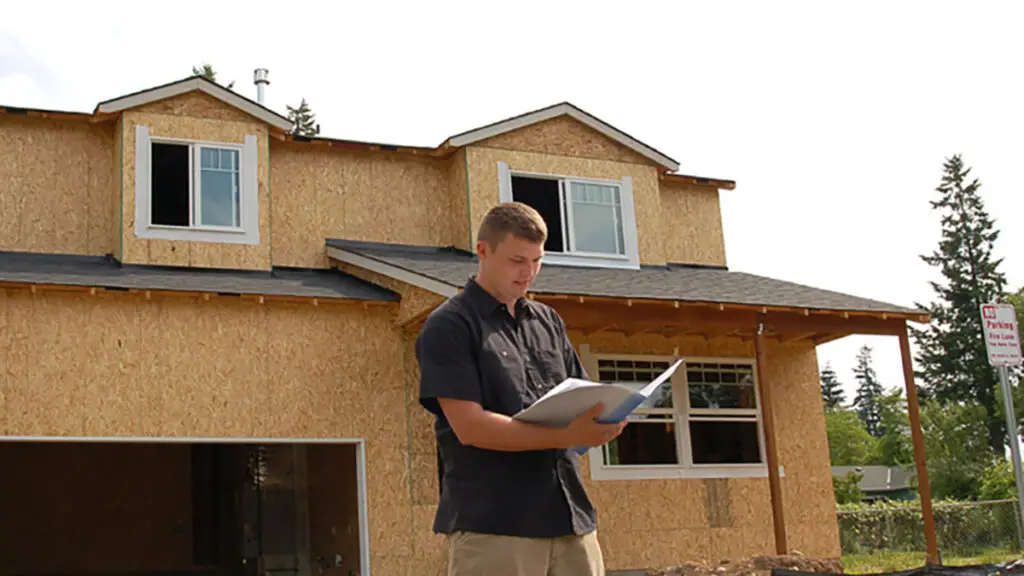
Why New Construction Inspections Are Important
In today’s real estate market, new homes are built fast, making a new home inspection before closing critical. The demand for new homes is very high, and even reputable builders have difficulty building new homes quickly. New homes can be constructed within six months from start to finish.
With a professional home inspector’s help, buyers can be confident that their new home is safe and sound, free from any major issues or hidden problems. A thorough home inspection from top to bottom can reveal existing and potential structural defects, helping avoid financial losses due to costly repairs.
Real estate agents recommend new construction inspections to help ease buyers’ worries about their purchase.
1. New Homes Aren’t Perfect
Many homebuyers think that new homes are perfect and they need no work or little maintenance. New homes can have just as many faults as older homes. Remember, people build new homes just like you; they’re human beings and make mistakes and miss things too.
They are workers who clock in and out daily for a paycheck. Many times, the employment of tradespeople is very fluid. Licensed plumbers, electricians, and HVAC contractors often have several apprentices a month; some never last longer than a few weeks.
2. Building Codes are Minimal Construction Standards
The building code is nothing more than a set of minimum building standards that builders must adhere to. Many people who hear that the new house has been inspected and passed the municipal building inspector fail to realize that it doesn’t mean what they think it means. When a home meets the “building code,” it merely means meeting a set of locally adopted minimum building practices.
The building code in a local area is a set of minimum standards the house must meet for the owner to obtain a home’s occupancy certificate. Building codes vary depending on where you live and what is being built. The building department issues an occupancy certificate to authorize the utility company to turn on electric utilities.
These standards are updated every few years, but they vary widely from location to location because it’s left up to the local government agencies to decide which building codes to adopt and which not to. These building code interpretations are often very subjective.
3. Building Code Inspectors are People too
Building code inspectors work for the city or county building department. Building code inspectors inspect every new residential home and commercial property constructed at any time.
This can strain the overall workload, resulting in many city or county inspectors spending minimal time inspecting each property with residential homes, often taking a back seat to larger commercial projects.
Building inspectors only have a few daily hours to view and inspect properties under construction. That’s not necessarily a knock on the building code inspector but more a reflection of their daily workload. Building inspectors are people, too. They make mistakes just like anyone else does.
4. General Contractors are Project Managers, not Builders
Yes, you heard that right. Nowadays, most general contractors rarely build anything; they act as project managers for a team of subcontractors.
The National Association of Home Builders says there are over 3,000 components used in building a house, and this doesn’t include fastening hardware like nails, screws, adhesives, caulking, etc. Larger homes can have more than 3,000 components.
Some 20 different subcontractors will work on the home during construction. Each subcontractor will have 3 to 5 employees who will do some work on the house. As many as 100 people will probably have worked on your home when it’s all said and done.
When I was growing up, from 1970-1990, my father was a residential home builder, back when home builders actively worked their craft daily. Weather permitting, he and his crew were on site, physically working daily.
Back then, it would take upwards of 12 months to build a house under 2000 square feet from start to finish. Larger homes could take over two years to construct, depending on the size and the amount of custom work that went into it. It’s not that way anymore.
A crew can frame a house with cranes and engineered building materials in a few days. Most contractors have several ongoing projects all the time. It’s a constant juggle of subcontractors from job site to job site and the continuous pressure of looming deadlines to complete projects on time and within budget.
National companies that build large residential developments may have a general contractor overseeing the project in another city or state. Companies will hire local project managers (who may or may not be licensed building contractors) to supervise job sites and manage local subcontractors.
5. The Building Code Doesn’t Include Everything
Many think building inspectors inspect every detail of a home’s construction process. It shocks people to find out how little building inspectors inspect.
Most homeowner complaints with general building contractors start as what the homeowner thinks is a building code violation. However, only to discover the charge is more of a quality complaint than a building code inspection violation.
Building code inspectors generally only inspect until the drywall is installed. Construction inspections often include the following:
- Foundation Inspections / Pre-Pour Inspections – Pier foundations and concrete slabs require a pre-pour inspection before the concrete can be poured, including inspection of the footings, trenches, structural rebar, water and sewer plumbing, electrical chases, etc. The underground water service, sewer piping, and electrical service must be inspected before the trenches are covered.
- Framing inspections – the construction inspector will inspect the floor joists before floor sheathing installation, exterior walls, roof rafters or trusses, roof, exterior wall sheathing, and interior wall framing. The framing inspection confirms the material and layout match the building plans and that proper mounting hardware is used to secure the structure to the foundation.
- Rough-in inspections – are performed for electrical wiring, boxes, plumbing and gas pipes, mechanicals, and ductwork that must be inspected before drywall is hung.
- Final inspections – The building code inspector will look for properly working mechanicals, lighting, and plumbing fixtures such as tubs, showers, sinks, smoke alarms, windows, doors, and other components. Often, these items are deferred to manufacturer specifications.
I once conducted a one-year warranty inspection for a client (we will touch on this later). I noted many items in my inspection report, such as interior walls, bathtubs that were out of plumb, exterior stone veneer that was not correctly installed, etc.
The homeowner fought with the contractor for over two years before calling the state licensing board. A representative from the state licensing board came to meet with me and my client to review their claims.
Unfortunately, the state licensing representative informed my client that while he agreed the work was “less than desirable,” it violated no specific building codes. Therefore, no disciplinary action could be taken.
Their advice was to pursue legal action against the contractor for breach of contract, and hopefully, that would compel him to take action. Having a professional home inspection report helped them get many of the items repaired that otherwise may not have happened.
You can find new construction certified and licensed home inspectors near me on the NACHI website Find Certified Home Inspectors Near You tool.
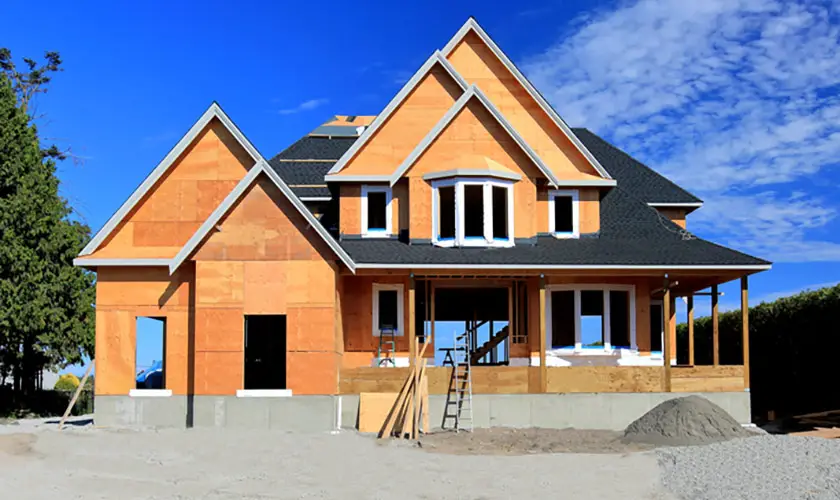
When to do Home Inspection on New Construction
When you hire a home builder, you should also hire a structural engineer or home inspector to examine the house as it’s constructed.
Hiring a structural engineer or qualified home inspector for construction phase inspections would be best.
A pre-drywall inspection process will examine many building components before closing the walls. Your home inspector will examine plumb wall framing, exterior wall and roof sheathing, roof trusses, electrical and plumbing rough-ins, exterior doors and windows, exterior house weather-resistant barriers, window and door flashings, and much more.
Once your home build is complete, a qualified inspector can examine the house before your final walkthrough with your builder. This final inspection allows you to have your punch list completed before taking ownership of the home.
You should walk through the house with your inspector to note structural defects. Make sure you take a roll of painter’s tape to note any visible drywall and paint defects such as thin areas of paint, paint drips, uneven paint lines, rough surfaces that need sanding, etc.
New Construction Home Inspections FAQs
You probably have many questions about new construction home inspections. We’ve compiled several frequently asked questions about new construction home inspections.
What should I look for in a walk-through of a new construction home?
When conducting a walk-through of a new construction home:
1. Look for signs of any broken or damaged building materials and any unexpected water damage.
2. Be sure all appliances and fixtures are in working order and installed correctly.
3. Check that all windows and doors are sealed and functioning properly.
4. Look for evidence of poor workmanship, such as uneven grout lines or paint splatter. 5. Pay attention to the location of the plumbing systems, electrical wiring, and HVAC systems to ensure they are installed correctly.
6. Inspect the walls for any cracks or bulges which could indicate structural issues.
7. Ensure you receive all necessary warranties from your contractor before signing off on your new home.
Are new construction home inspections necessary?
Yes, new construction home inspections are necessary. Building codes and standards change frequently, and a professional inspector can help ensure that a new home meets all the requirements. A professional inspector can identify potential safety issues the builder or developer may not have caught.
What should I look for when inspecting a new build?
When inspecting a new build, look for any cracks or defects in the structure and foundation, ensure all systems are properly installed and functioning, check the finished work, and verify that all necessary permits and inspections are completed. Hiring a professional home inspector to evaluate the property thoroughly is recommended.
Do builders allow new construction home inspections
Yes, most reputable builders will allow buyers to have a home inspection on new construction homes. Sometimes, a builder may require the home inspector to provide a copy of their insurance before performing the inspection.
Are new construction home inspections different from other home inspections?
New construction home inspections are similar to regular home inspections. Still, the inspector will focus on issues specific to new construction, such as verifying that the construction is up to code and that all systems are properly installed and functioning correctly.



